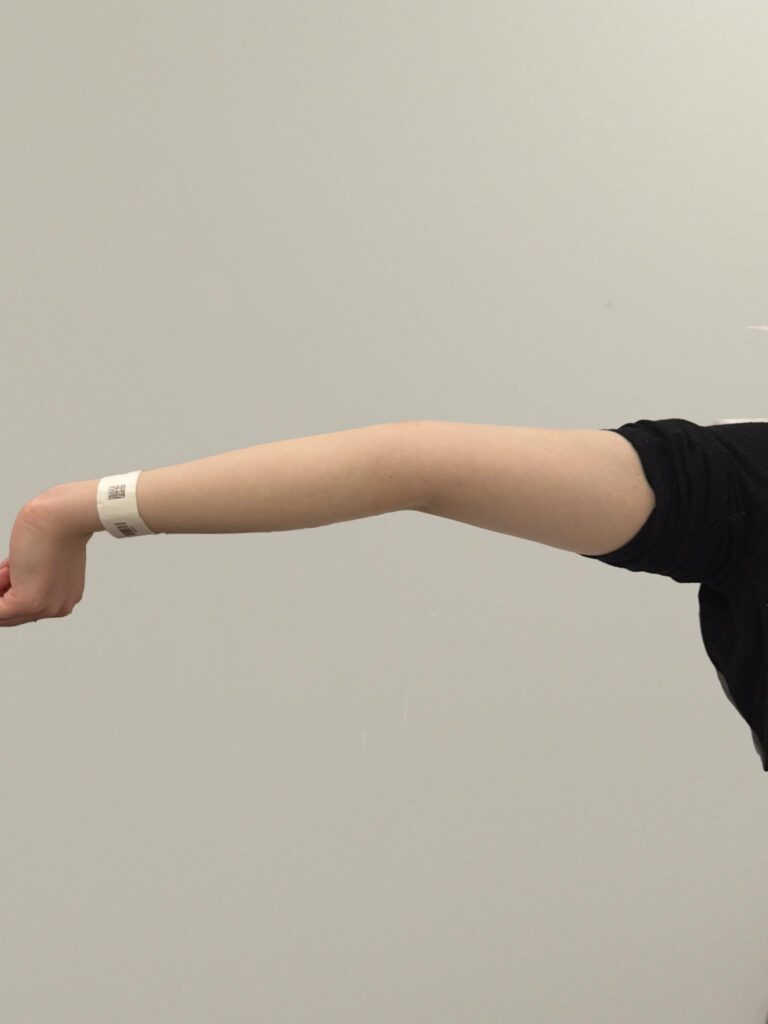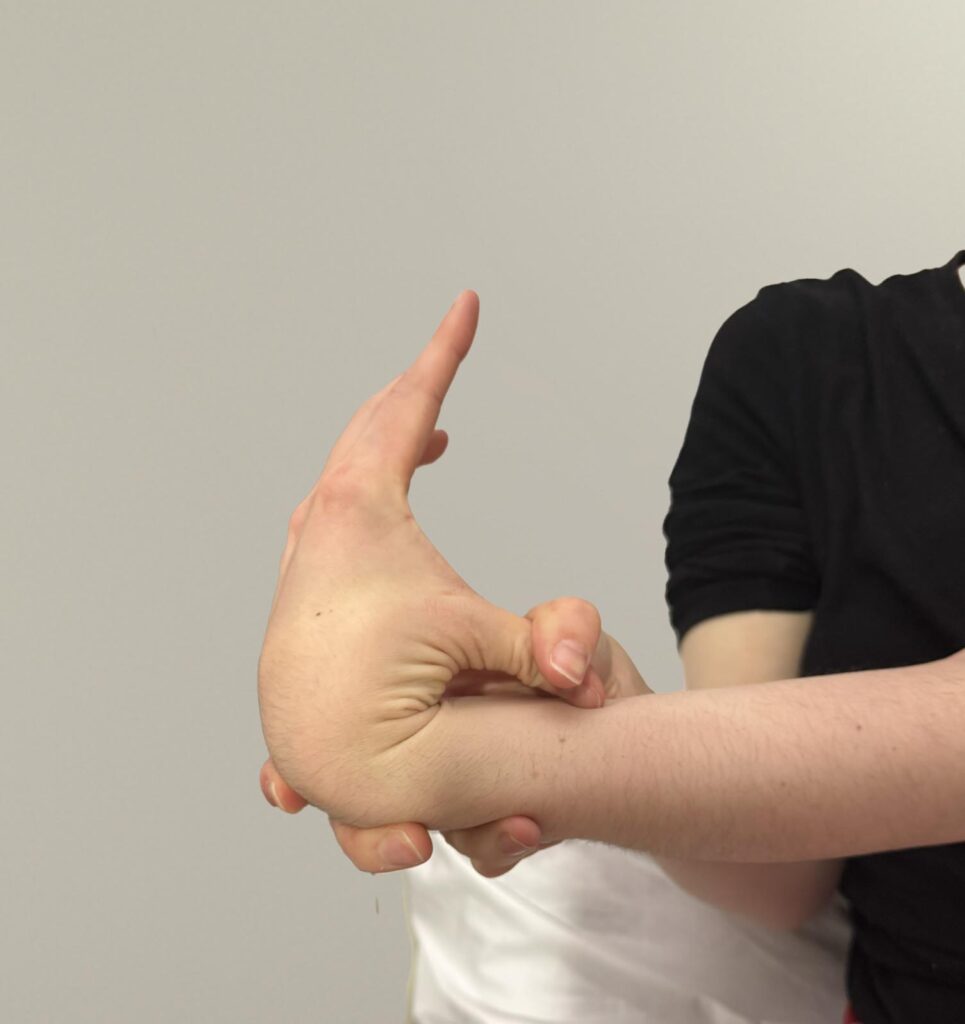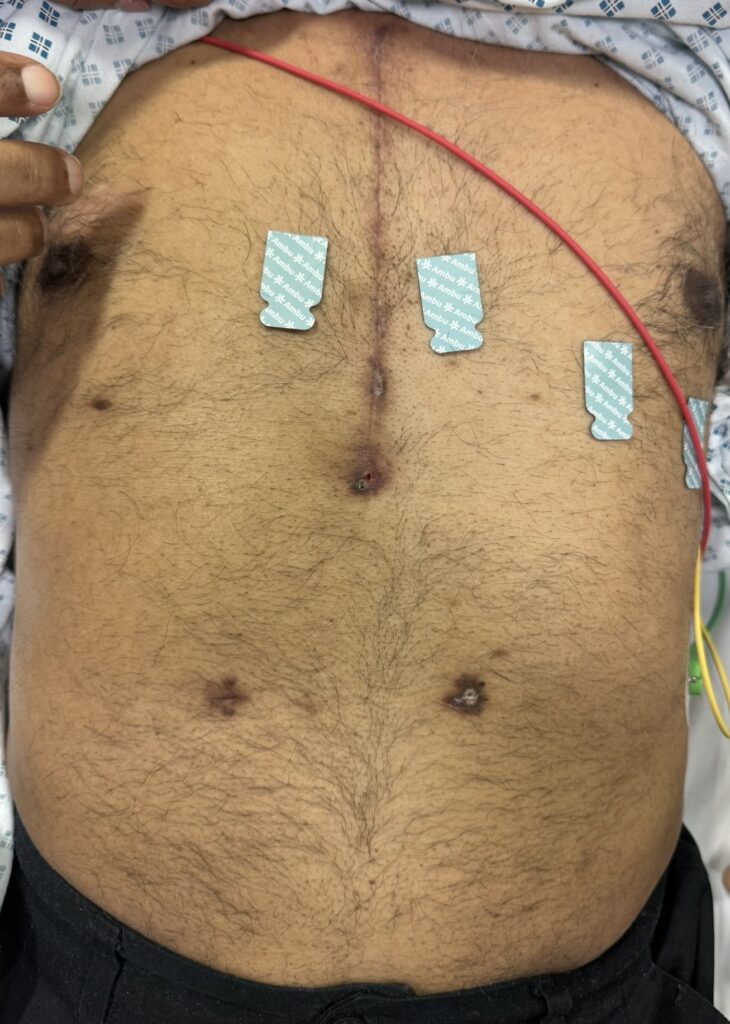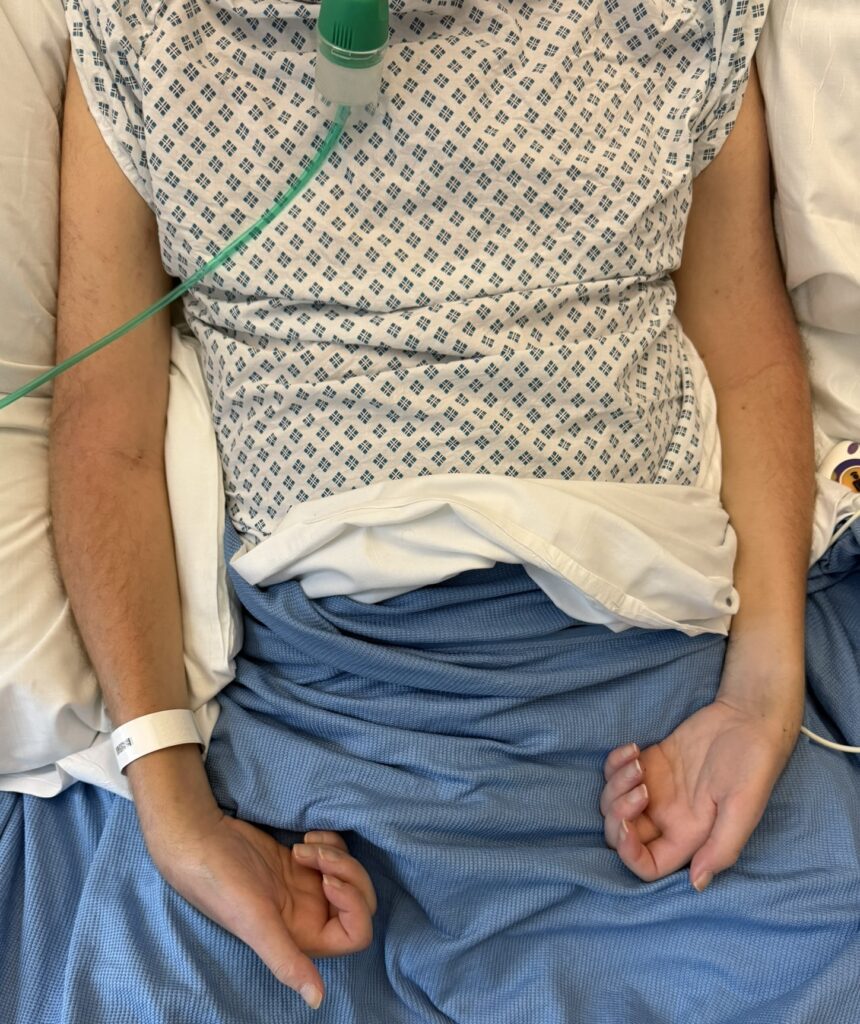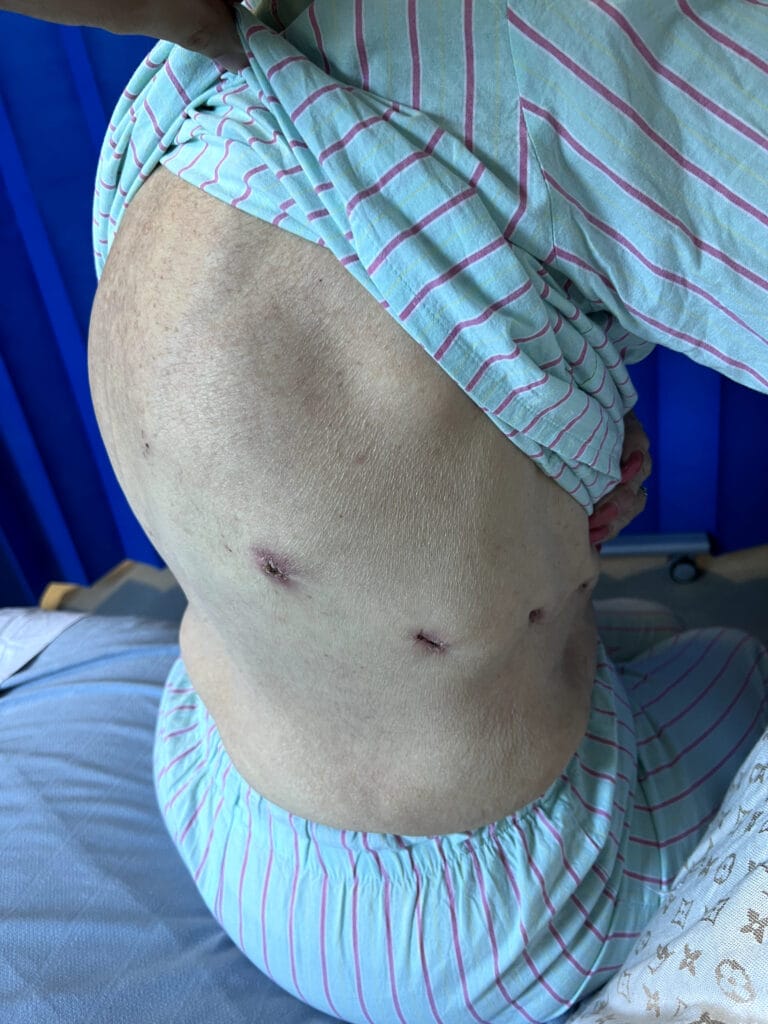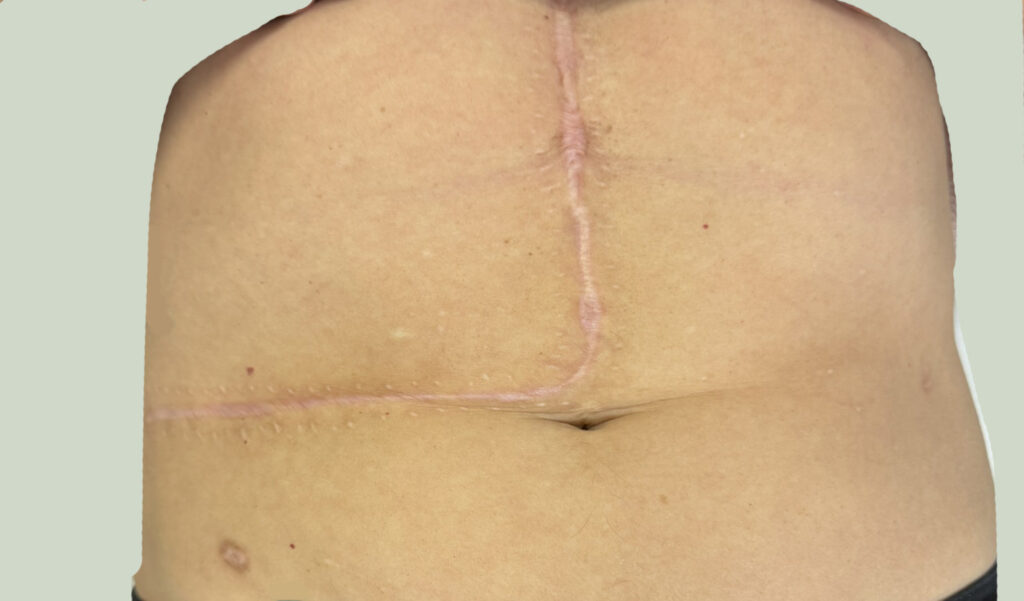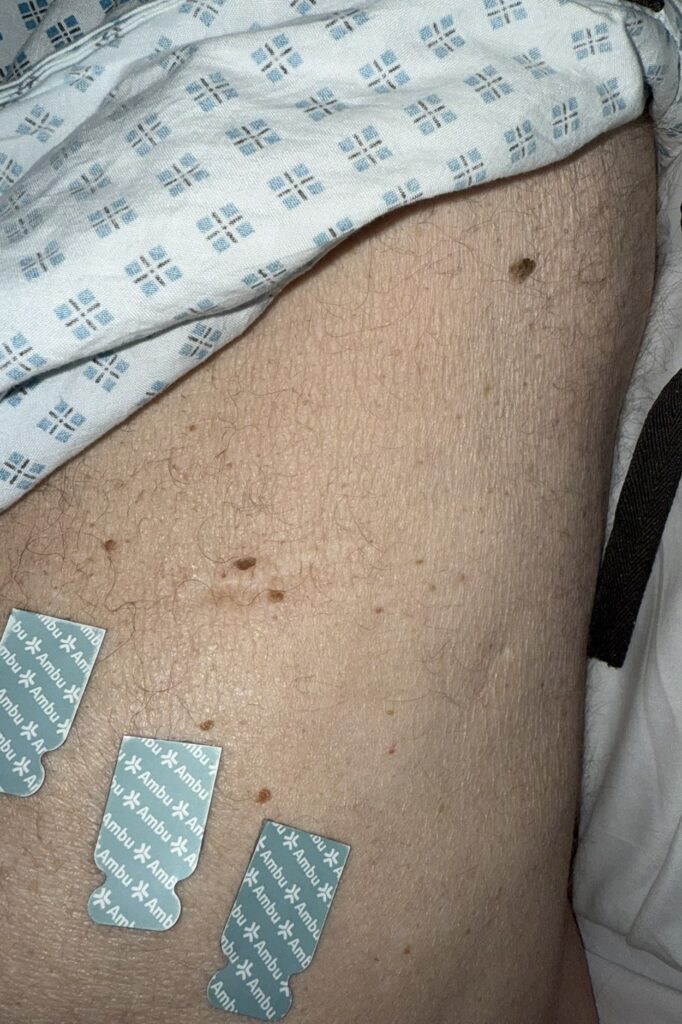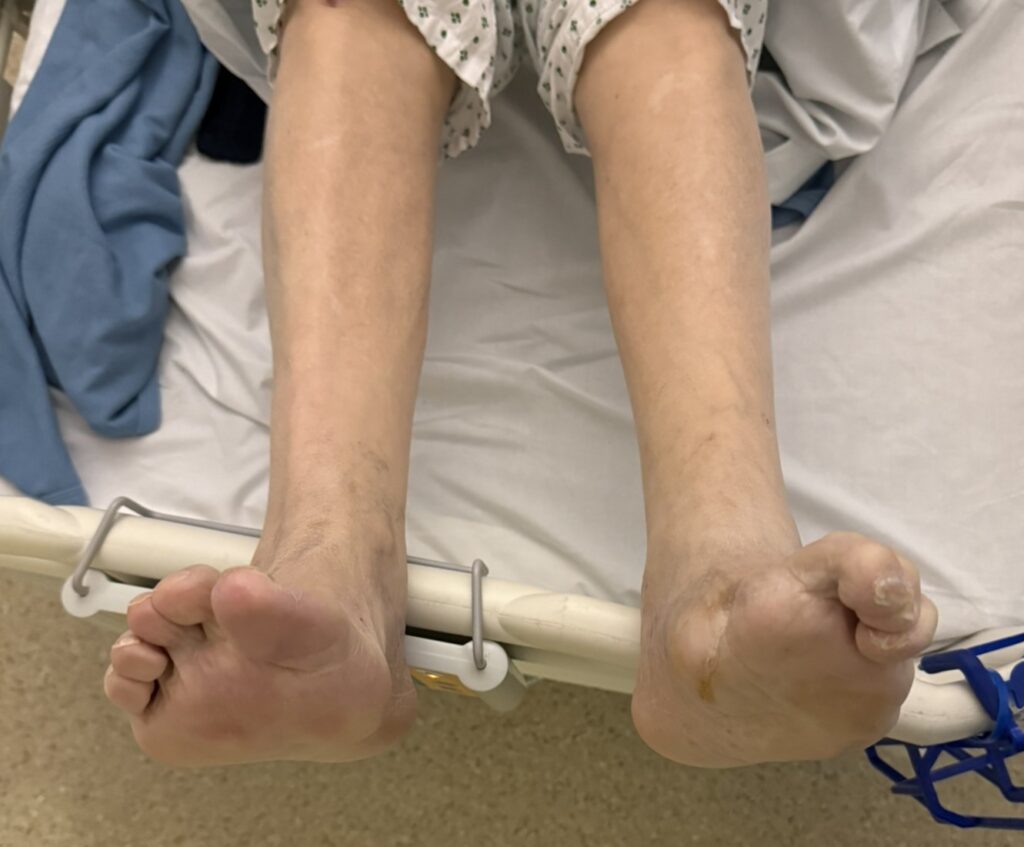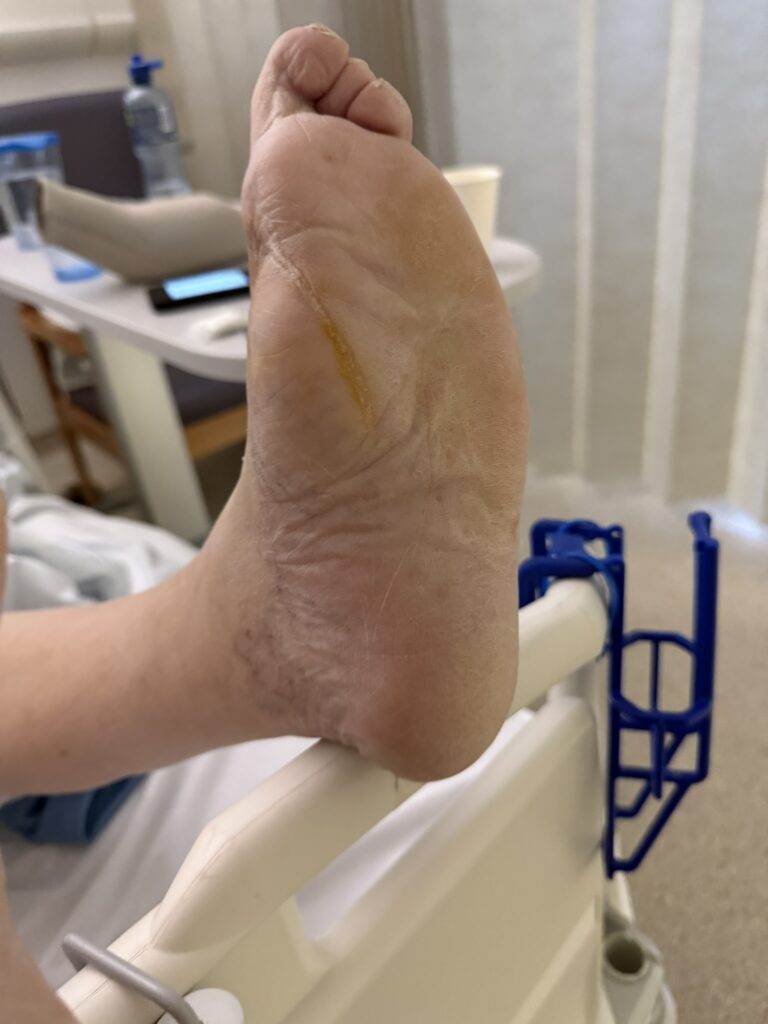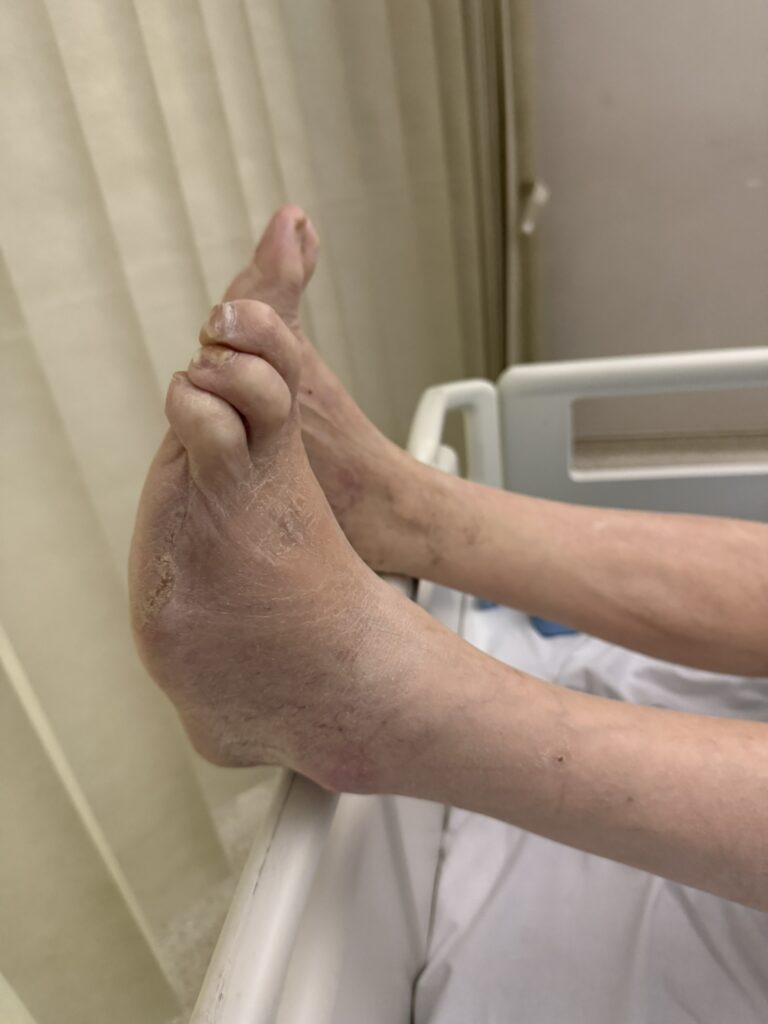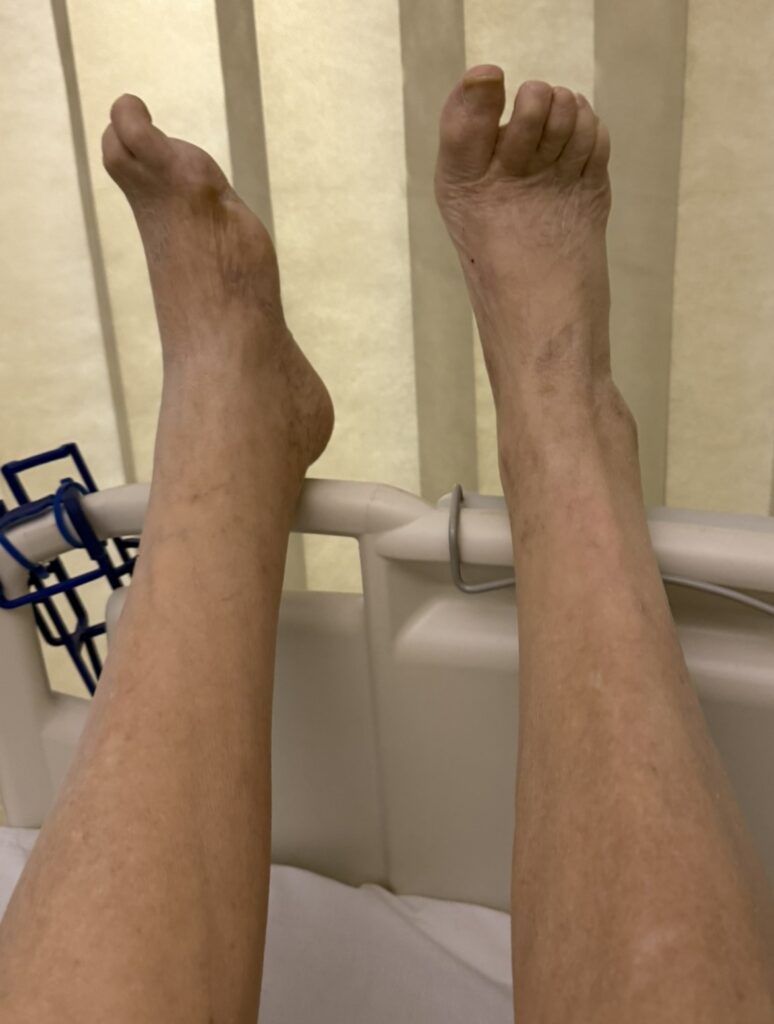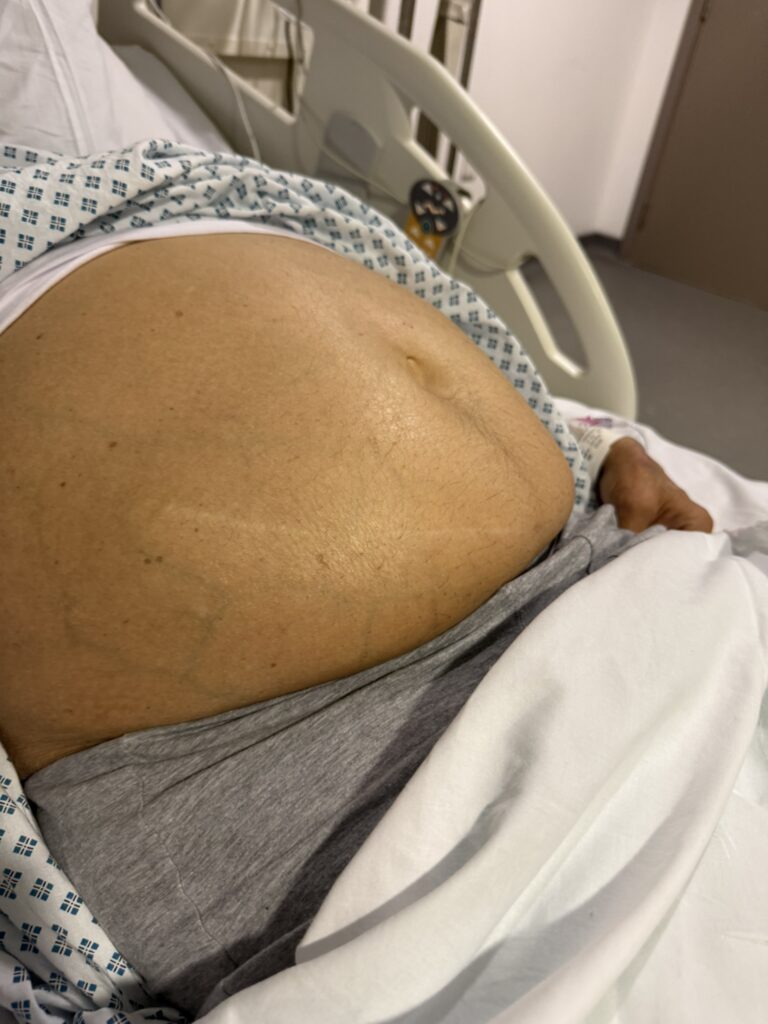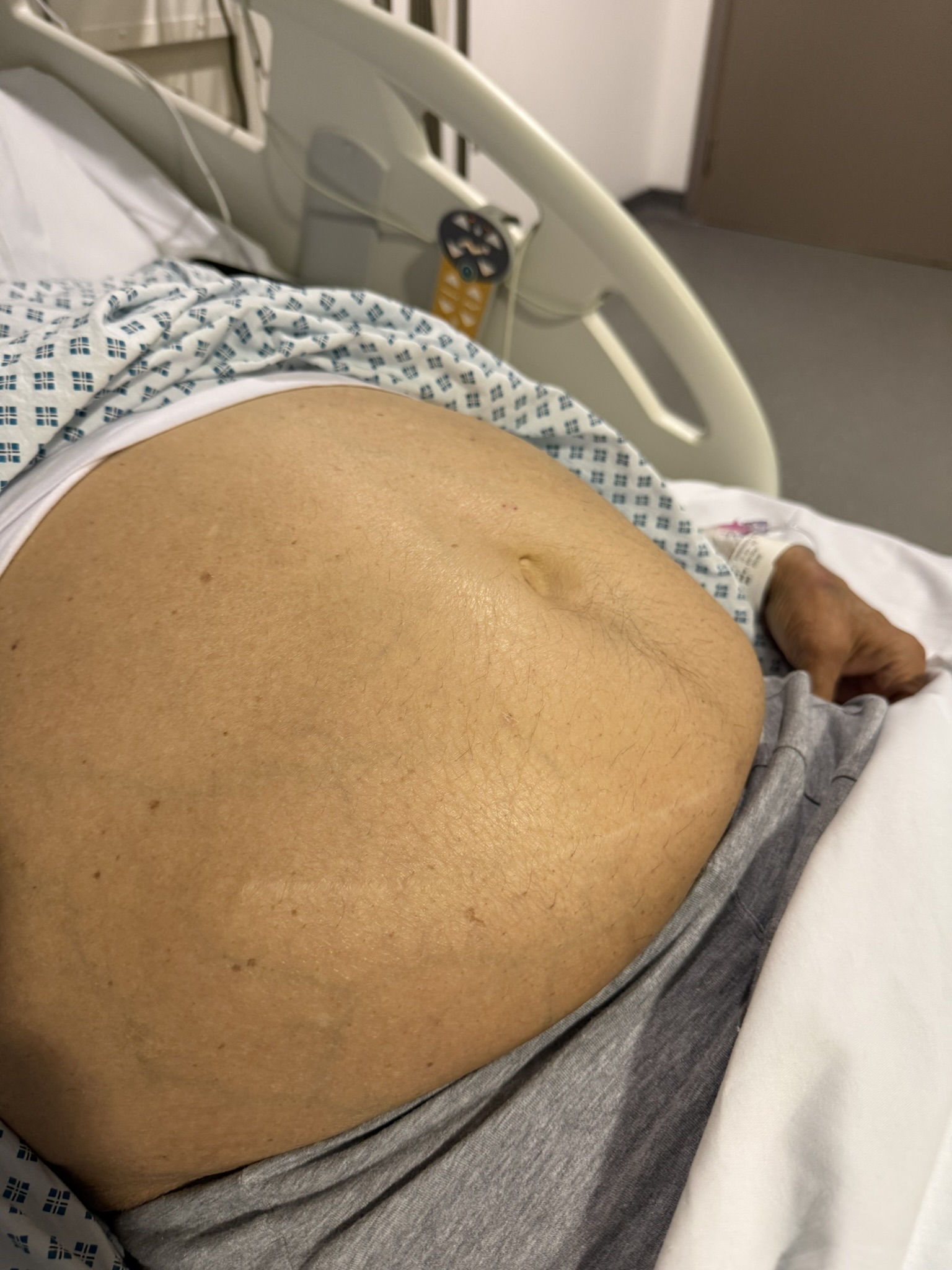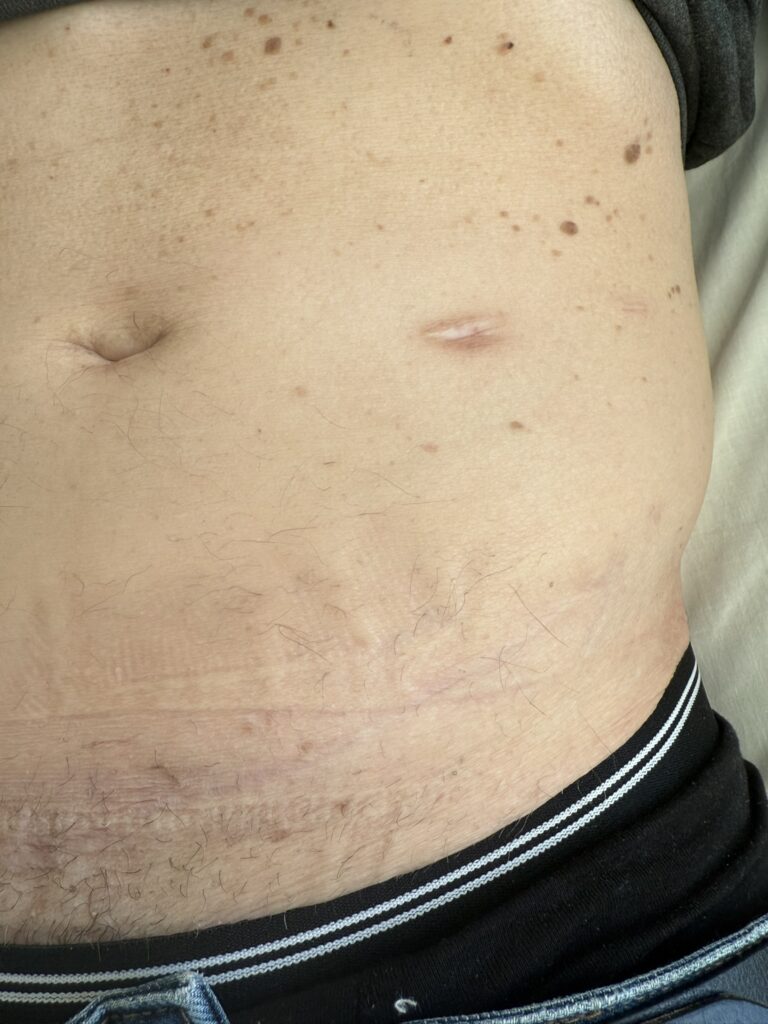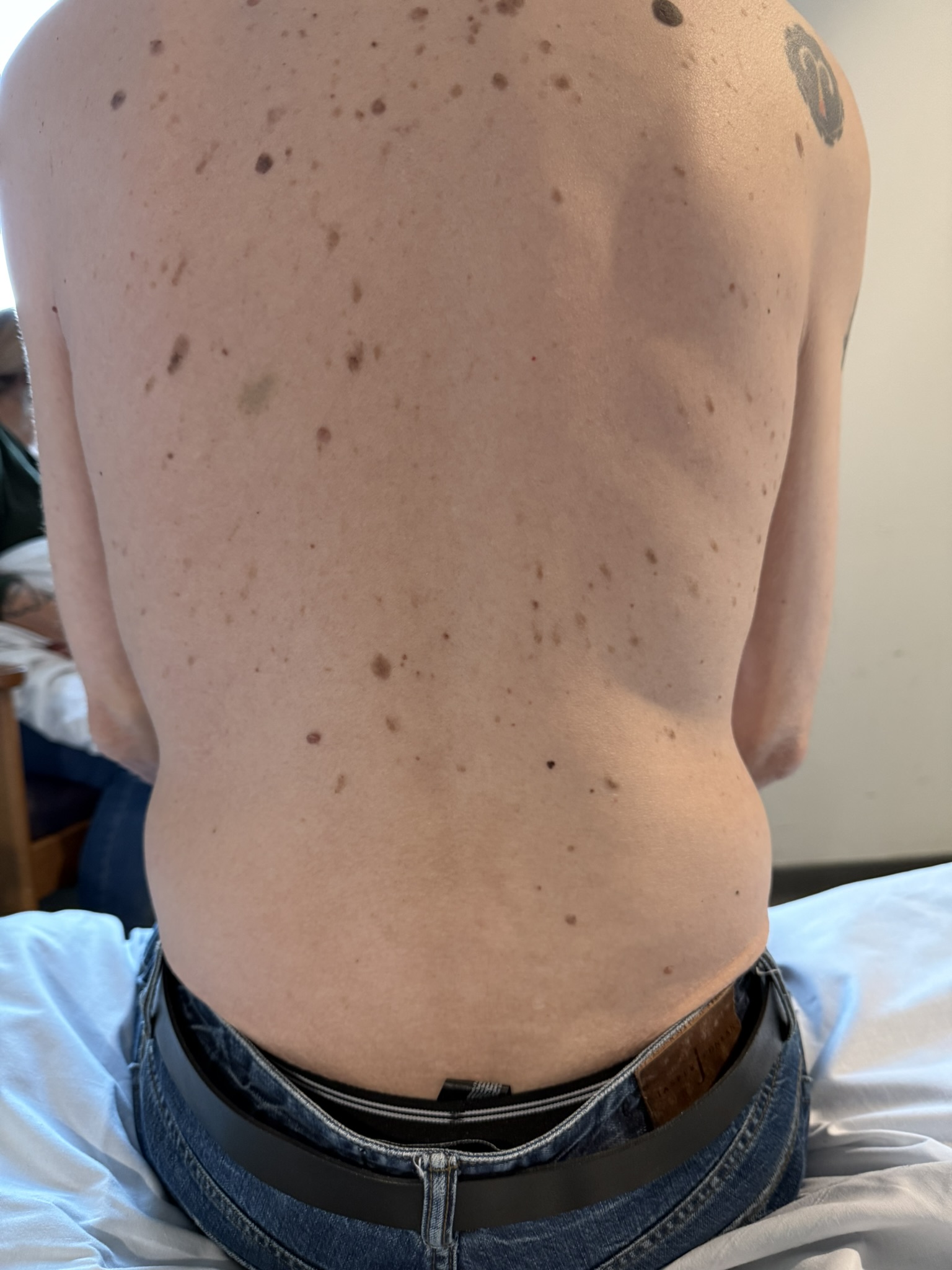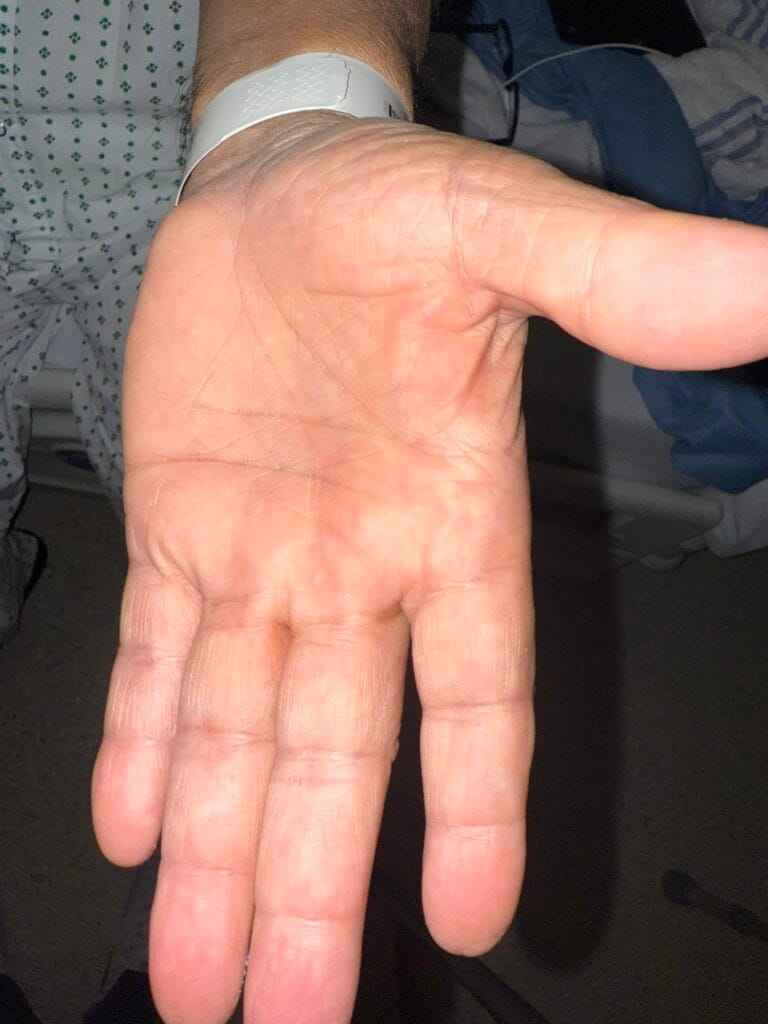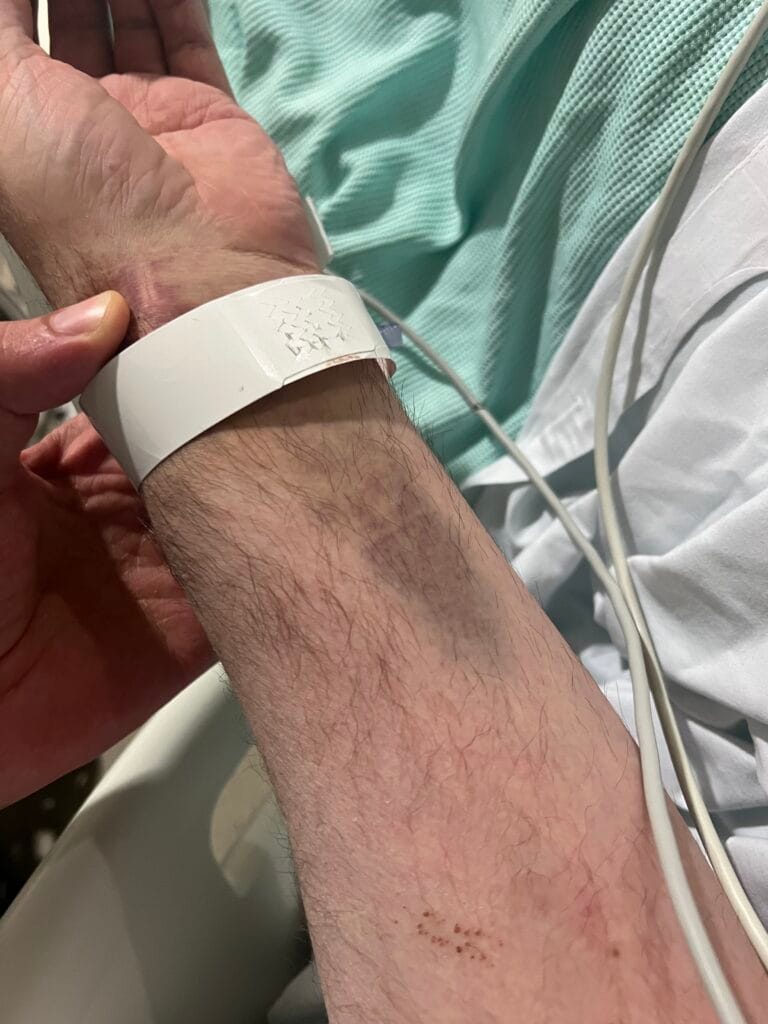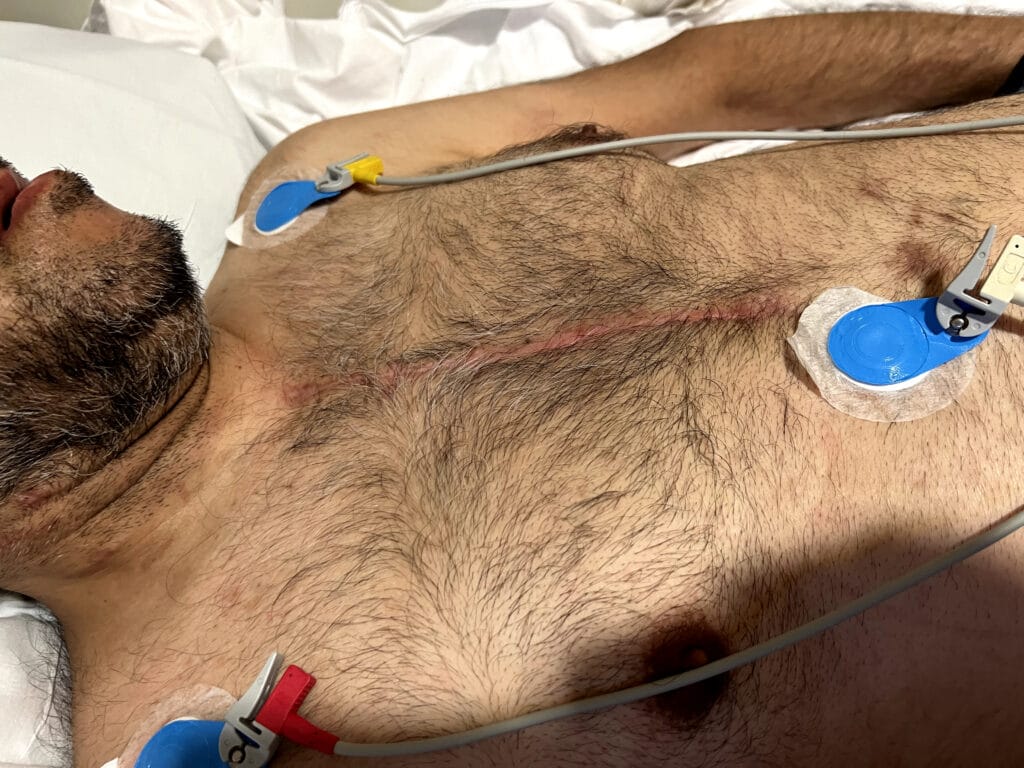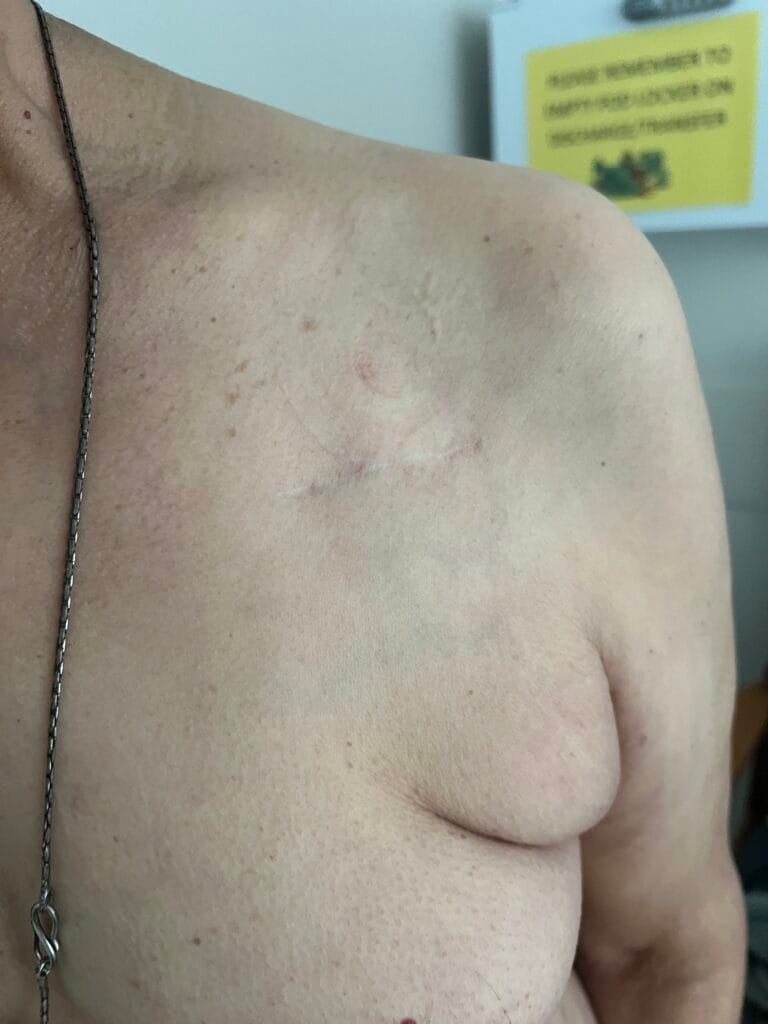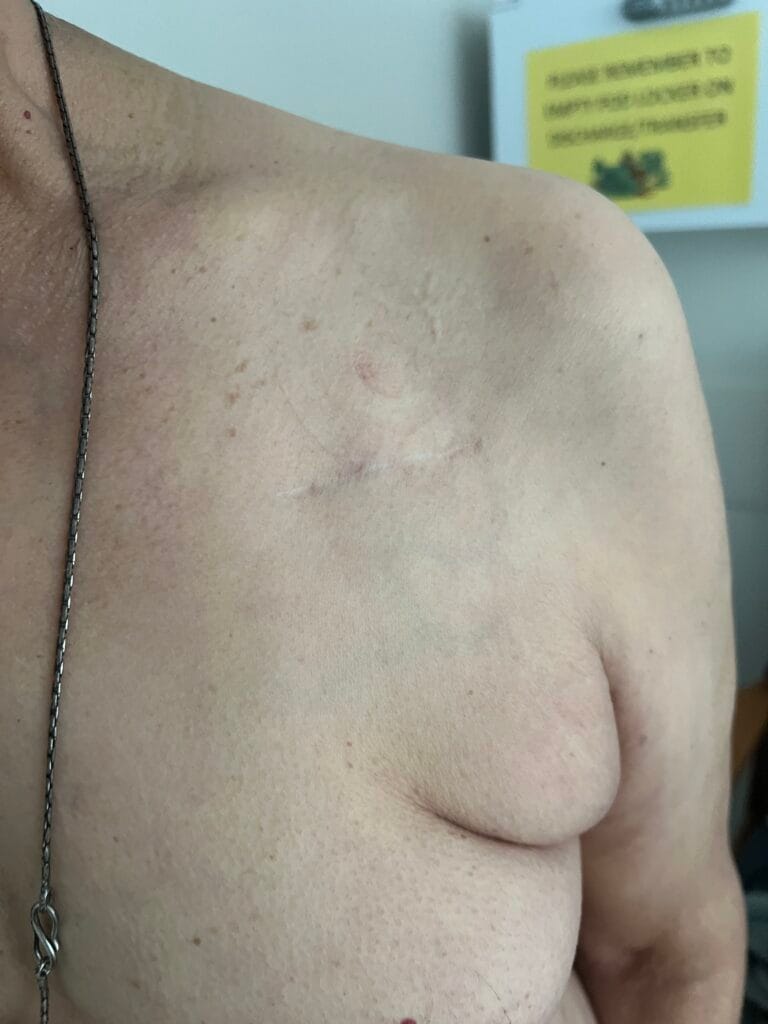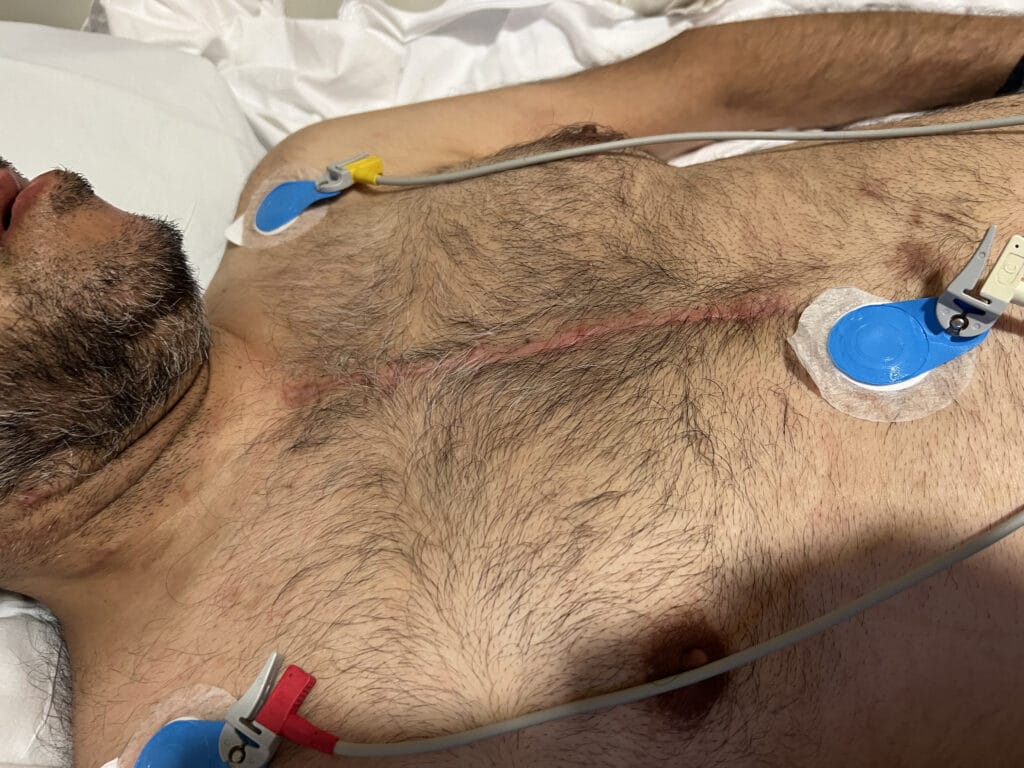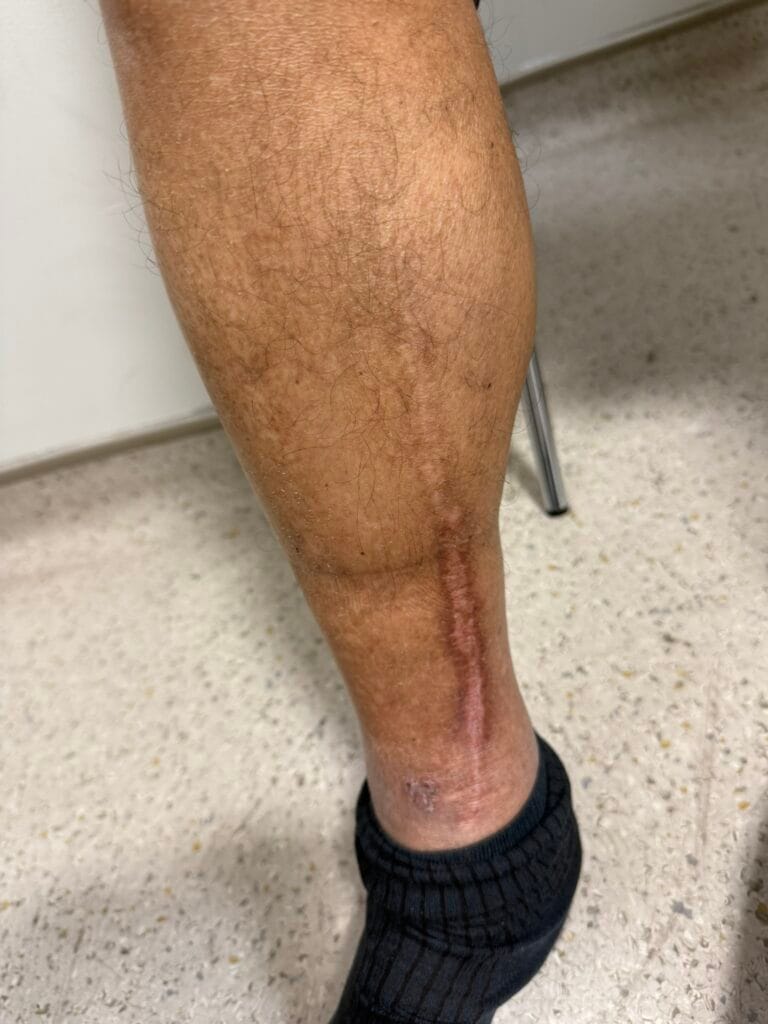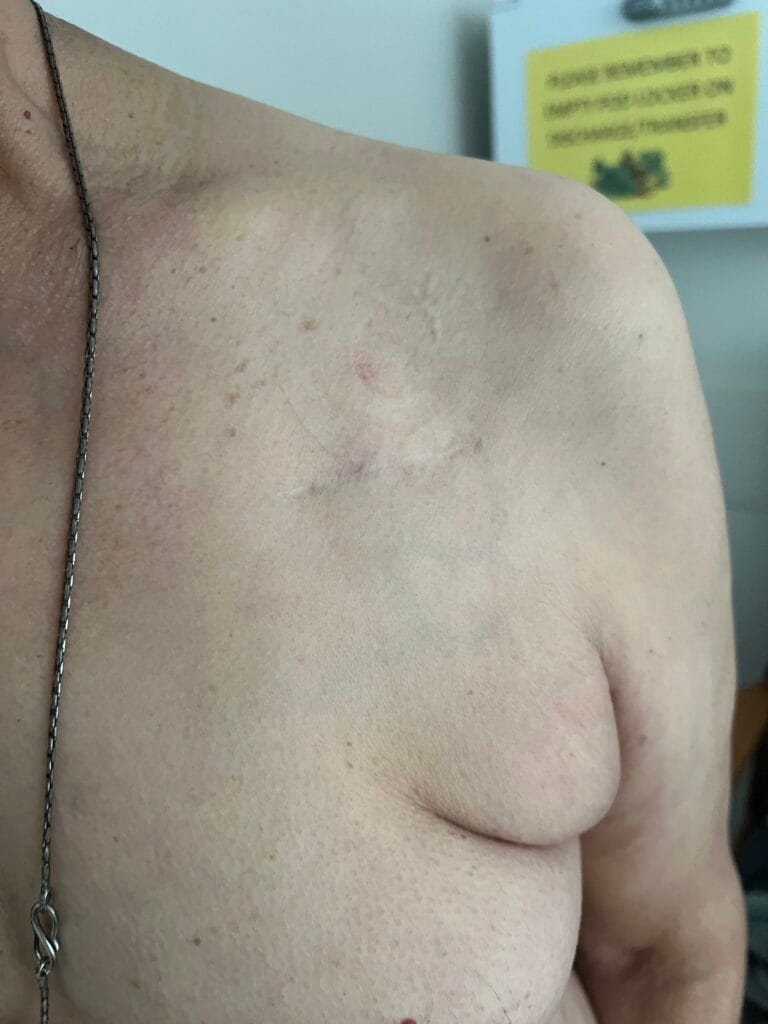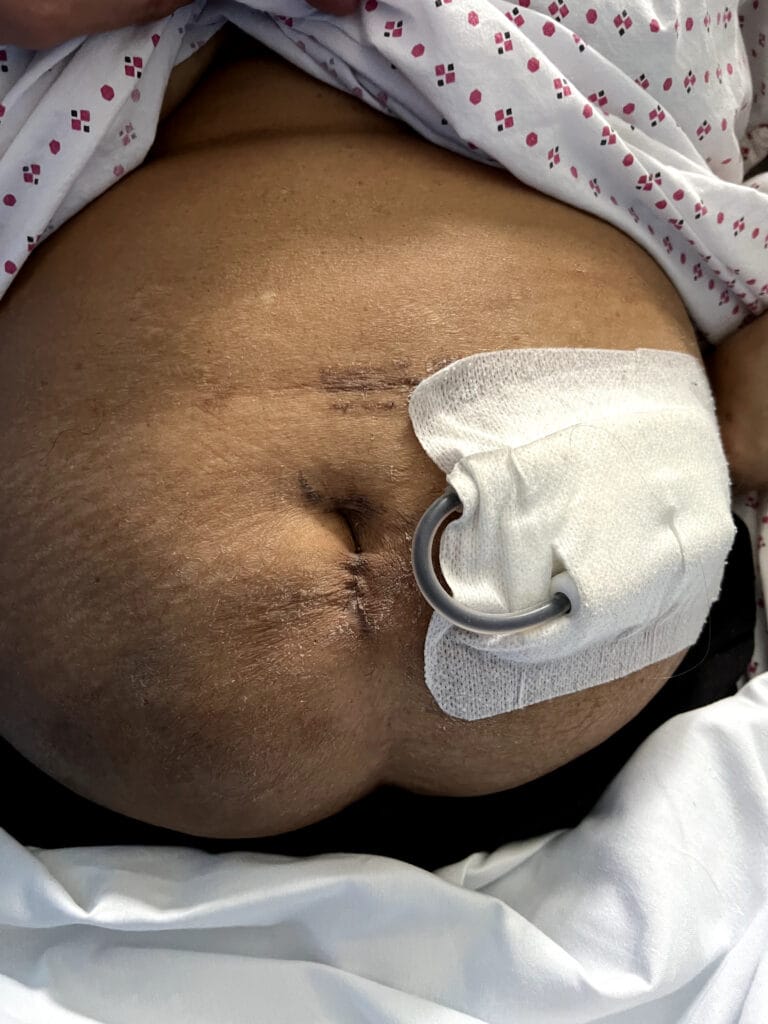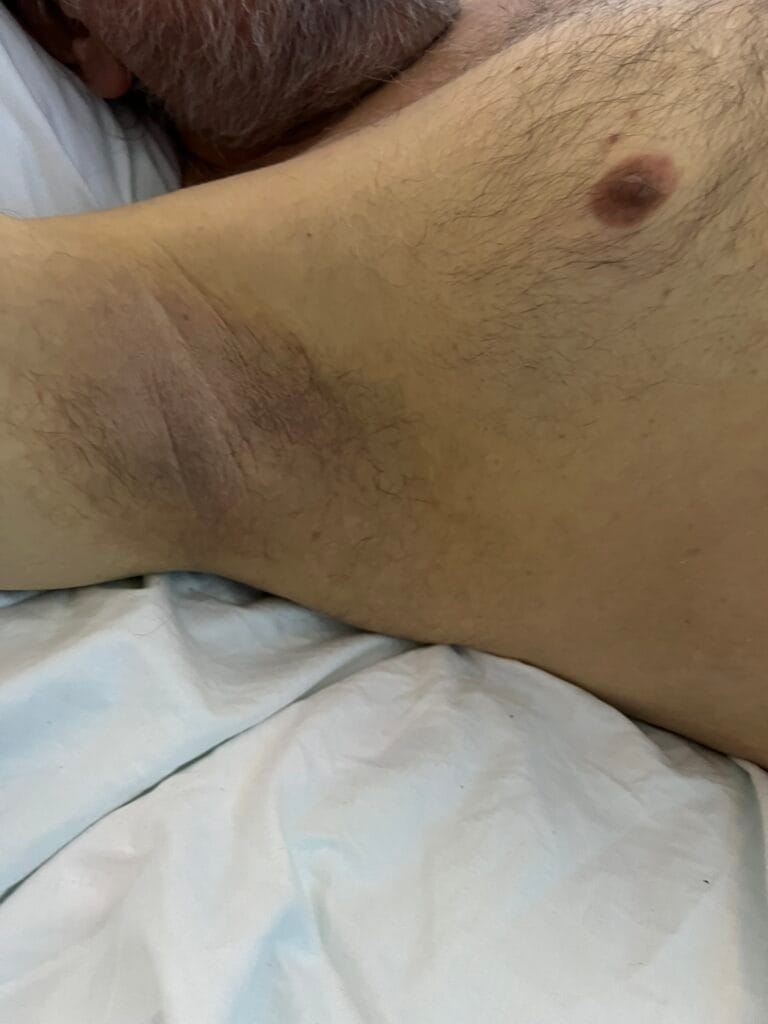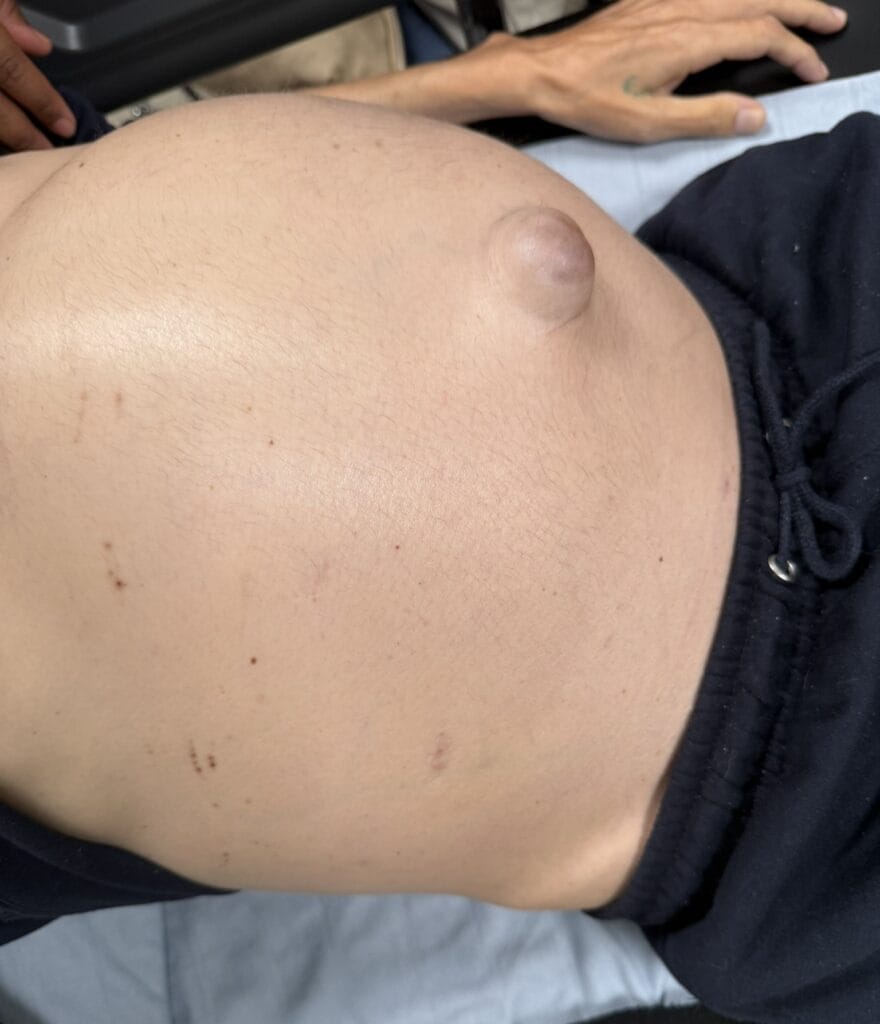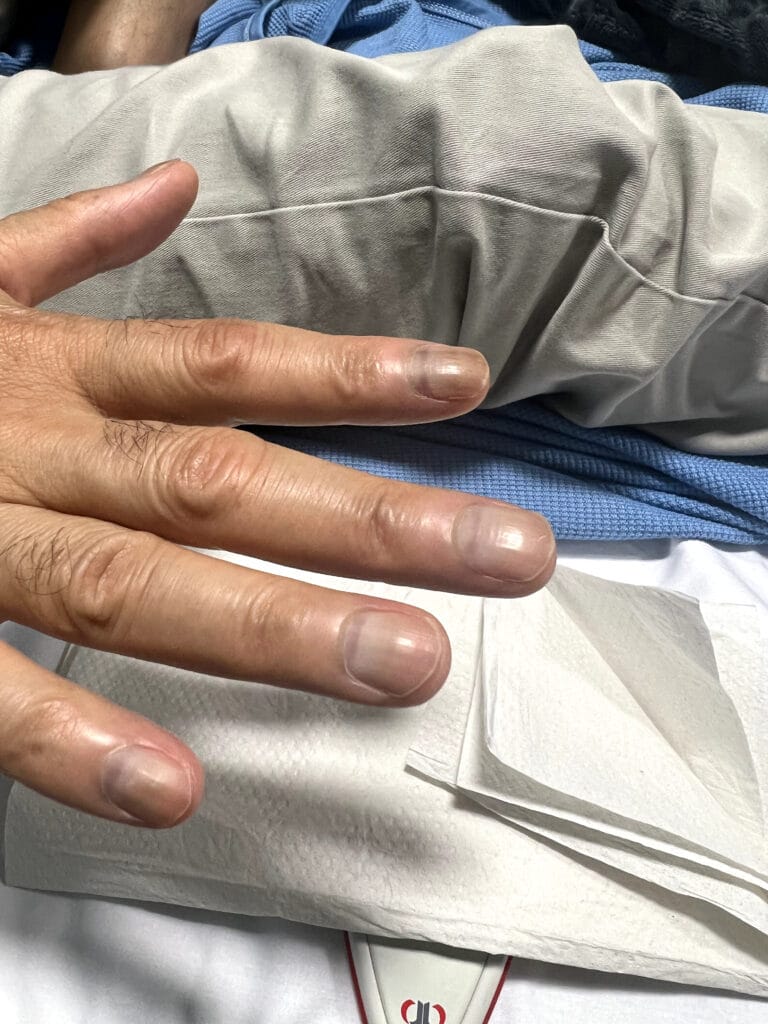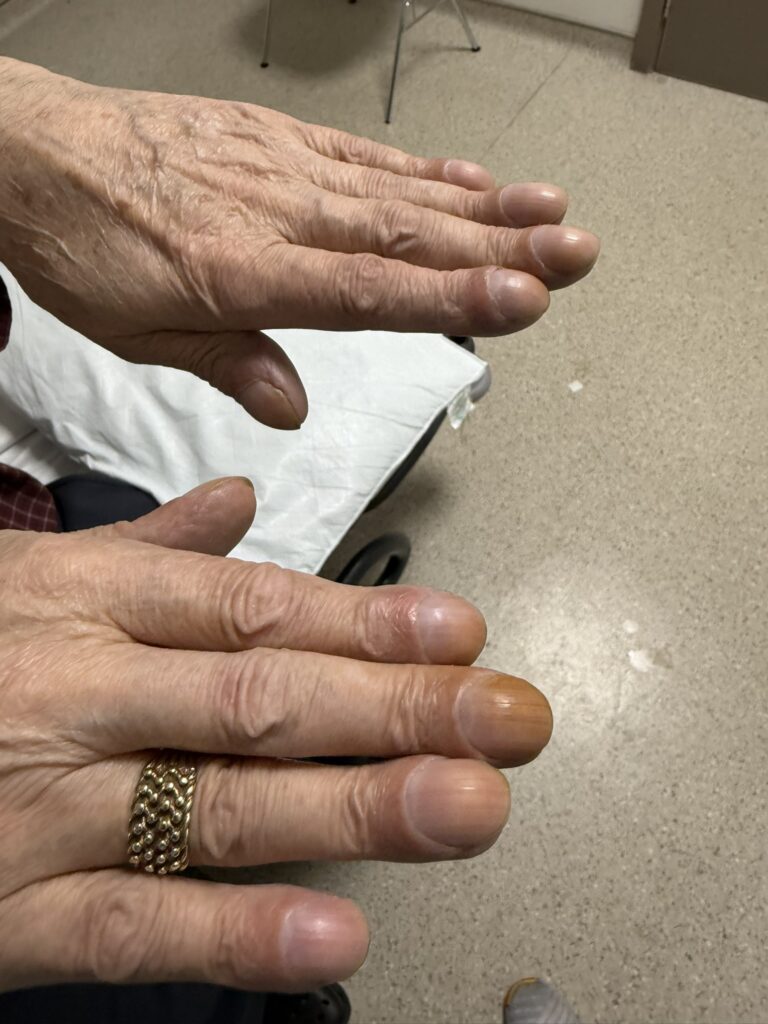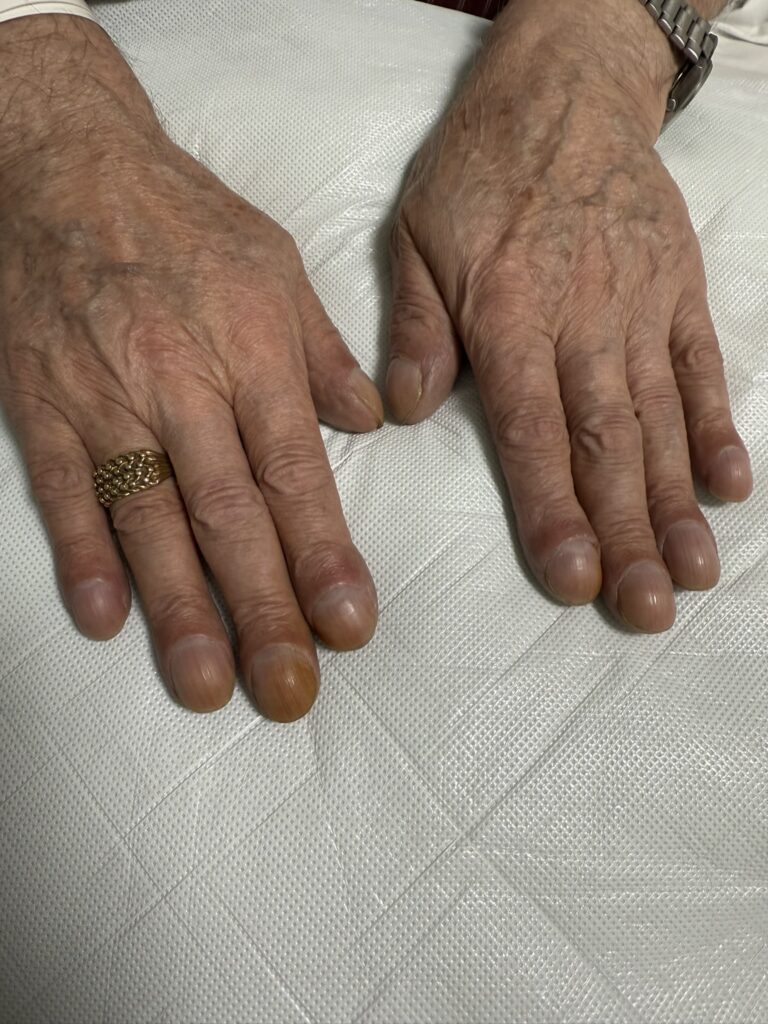The PACES Aid Method™
➡️ A structured, high-yield PACES revision platform built around real PACES exams.
➡️ A smarter way to identify signs, present cases, and score higher.
How top-scoring candidates approach PACES:
Master Key Physical Signs
Exam-ready Differentials
Model Presentations
High-Yield Revision
What PACES Aid Includes:
Interactive Textbook
Interactive PACES textbook with 200+ clinical images & videos of real exam cases. A step-by-step high-yield guide covering the most common PACES cases from PACESAid’s national meta-analysis survey. Comprehensive coverage of all marking domains physical signs, differentials, investigations and clinical management. First immersive MRCP PACES revision resource with real patient auscultation recordings for accurate murmurs & lung sounds.
Clinical Images and Videos
Visualise key physical signs through close-up patient clinical images and videos from real patients throughout the UK and familiarize with key signs commonly encountered in MRCP PACES exams, effectively minimising cognitive overload on exam day.
Digital Auscultations
Access auscultation recordings from real patient cases with exam representative murmurs and lung sounds. Familiarise yourself with murmurs and lung sounds aiding sign identification on exam day through familiarisation.
Structured Presentations
Strategically categorised presentations for all commonly presenting exam cases, effectively summarising and emphasizing key positive and negative findings to secure top marks.
Free Trial
- Access free case clinical images and videos
- Access free digital auscultations
1 Month Subscription
- Access exam centre meta-analysis
- Unlock all station content
- Access to all clinical multimedia content
3 Month Subscription
- Access exam centre meta-analysis
- Unlock all station content
- Access to all clinical multimedia content
Unlock Your High-Yield Toolkit for PACES Success
| PACESAid | Feature | |
|---|---|---|
| 📘 | Interactive Textbook | Interactive PACES textbook simulating key physical signs with 200+ close-up clinical images & videos from real UK patients. |
| 🎥 | Clinical Images & Videos | 200+ clinical images & videos of real exam cases covering all key signs, obtained from exam representative ward patients. |
| 🔊 | Digital Auscultations | Access real auscultation recording from patient cases with exam representative heart murmurs and lung sounds. |
| 🎤 | Structured Presentations | Strategic model presentations tailored to each specific exam case, effectively summarising key positive and negative findings. |
🚀 PACESAid Strategy for Success
Say goodbye to common pitfalls and obtain a smarter way to prepare. PACESAid delivers a high-yield, systematic strategy that transforms MRCP PACES revision platform. Dive into real-word ward signs with clinical images and videos, real patient auscultation recordings and expert guidance designed to mirror the exam.
Master every station with confidence. Succeed with PACESAid.



